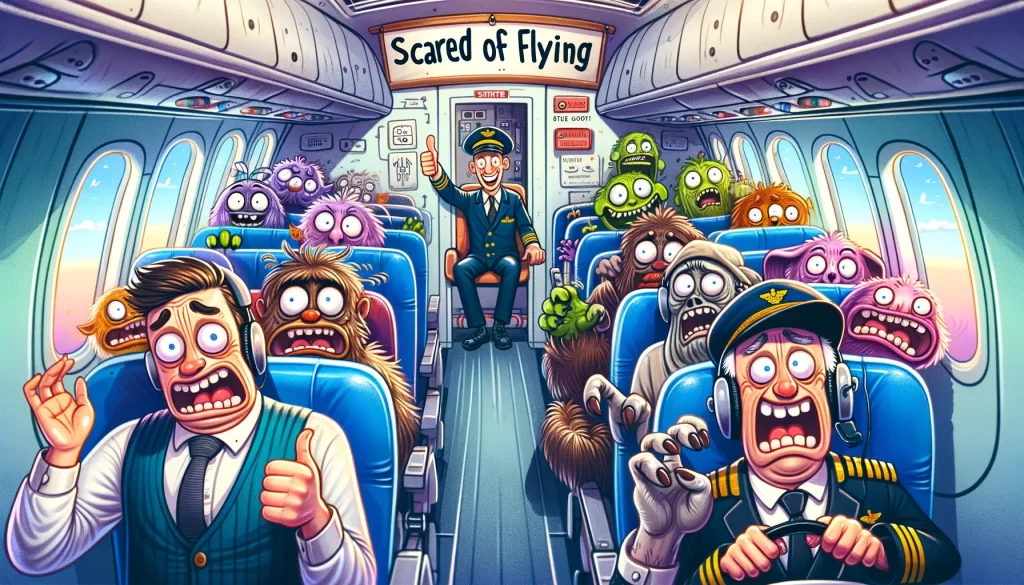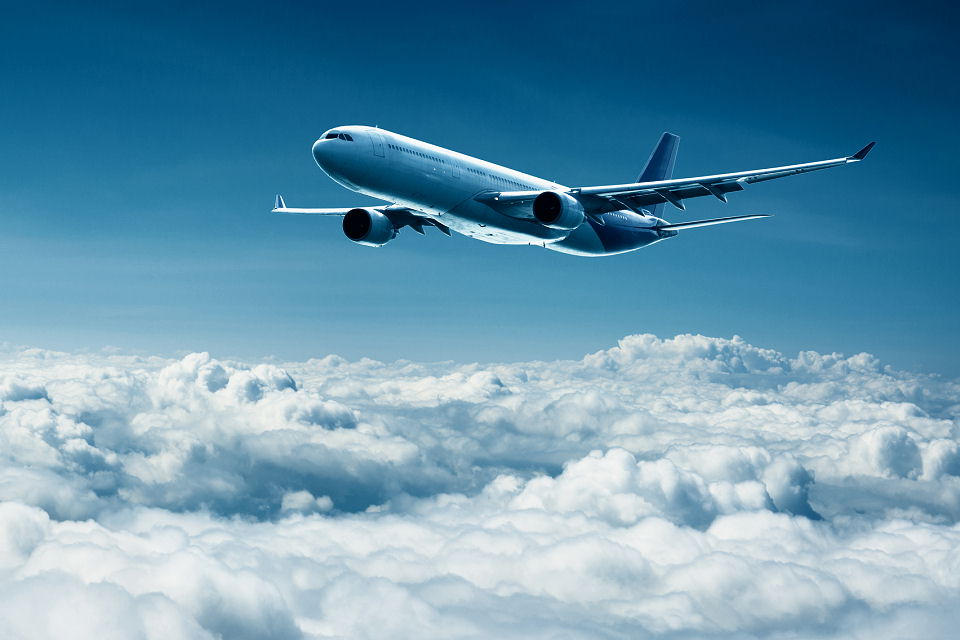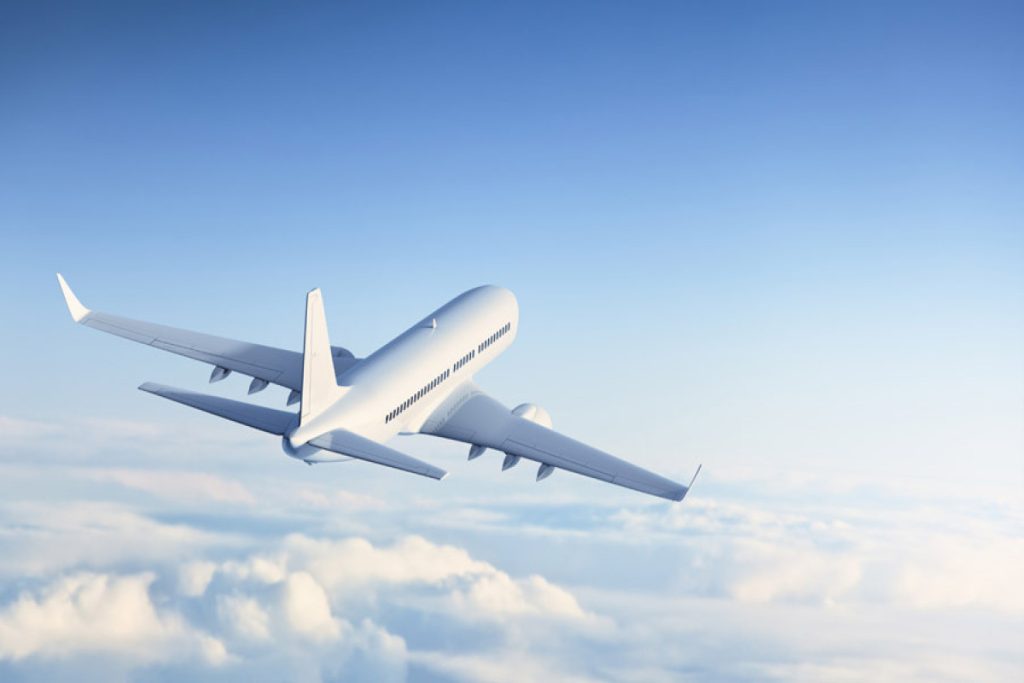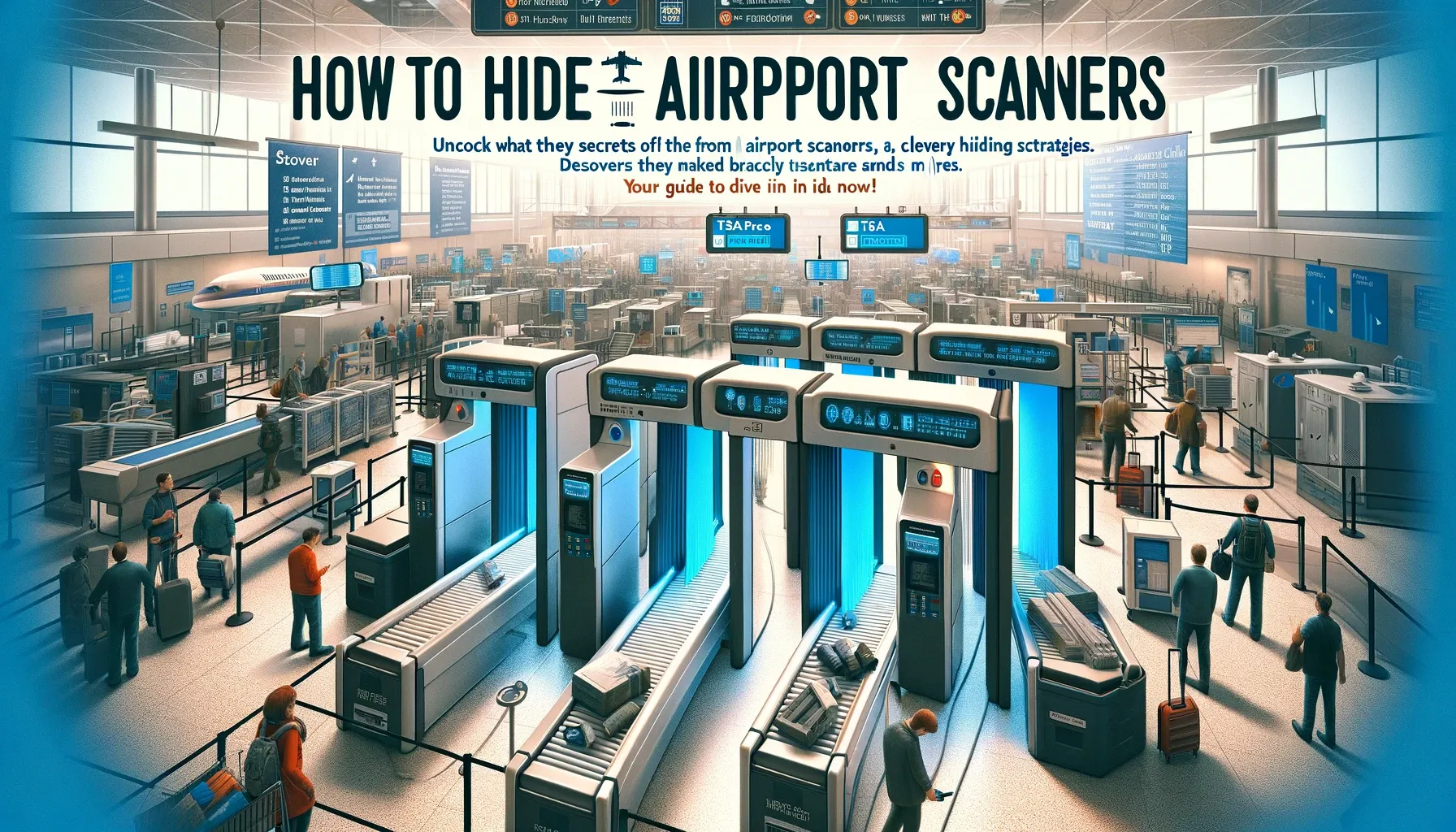Table of Contents
Discover why the scared of flying is unfounded with our guide. Learn about aviation safety, debunk common myths, and overcome aviophobia to fly with confidence.
Flying is an vital part of present day life, enabling us to traverse long distances in short quantities of time, connect with humans throughout the globe, and explore new cultures and environments. Despite its full-size popularity and reliability, a extensive variety of people harbor a worry of flying, regularly feeling that their tension is totally justified. However, when scrutinized under the lens of facts, science, and rational questioning, the concern of flying famous itself to be an exaggerated response to a remarkably secure mode of transportation. This comprehensive guide delves into the reasons why being terrified of flying is taken into consideration stupid and offers insights into triumph over this fear.

Understanding the Scared of Flying
The Psychology Behind the Fear
Fear of flying, or aviophobia, is more than just a simple fear; it’s a complex psychological issue that can stem from various factors, including claustrophobia, a fear of heights, or a feeling of not being in control. For some, past experiences or catastrophic news stories may amplify these fears, embedding deep-seated anxiety about flying.

The Reality of Aviation Safety
Aviation safety has come a long way since the early days of flying. Today, flying is deemed the safest mode of long-distance travel, thanks to stringent safety protocols, advanced engineering, and continuous improvements in both technology and training. The odds of being in a plane crash are so low that they are often compared to being struck by lightning.
Debunking Common Myths About Flying
Myth 1: Turbulence Is Dangerous
One of the most common triggers of fear among passengers is turbulence. However, turbulence is a normal part of flying, caused by natural atmospheric conditions. Aircraft are designed to withstand severe turbulence, and pilots are extensively trained to handle such situations safely.

Myth 2: Airplanes Are Prone to Mechanical Failures
Modern aircraft undergo rigorous maintenance and inspection processes to ensure they are in peak condition before every flight. The redundancy in aircraft systems means that even if one component fails, others can take over, allowing the plane to fly and land safely.
How Safe Is Flying Really?
Statistical Safety of Air Travel
When compared to other forms of transportation, such as driving or even walking, flying stands out as the safest option. The likelihood of dying in a plane crash is about 1 in 11 million, whereas the odds of dying in a car accident are about 1 in 5,000.
Read also: Travel Hacks and Travelers Internet

The Role of Regulatory Bodies
Organizations like the Federal Aviation Administration (FAA) and the International Civil Aviation Organization (ICAO) play crucial roles in ensuring air travel safety. Their stringent regulations and oversight make flying one of the most regulated and safest activities in the world.
Strategies to Overcome the Fear of Flying
Educate Yourself
Knowledge is power. Learning about how airplanes work, understanding the safety measures in place, and knowing the facts about aviation safety can help demystify the process of flying and reduce fear.
Psychological Techniques
Techniques such as cognitive-behavioral therapy (CBT), exposure therapy, and relaxation exercises can be highly effective in managing and eventually overcoming the fear of flying.
Use Technology
Several apps and virtual reality programs are designed to help individuals acclimate to the idea of flying, offering guided meditations, flight simulations, and educational tools to ease anxiety.
Professional Help
For those whose fear of flying is deeply ingrained, seeking help from a professional specializing in anxiety disorders or aviophobia can be a significant step towards overcoming this fear.
Travel with Companion
Travel with your best friends and companions who can give you peace and mindfulness while traveling.

People also ask
Why you should not be afraid of flying?
Flying is the safest mode of transport, with stringent safety protocols and the lowest accident rates compared to any other travel forms.
Why do people fear flying?
Fear of flying often stems from a lack of control, fear of heights, claustrophobia, or exposure to negative media about air travel incidents.
How do I stop being scared of flying?
Educate yourself about aviation safety, practice relaxation techniques, use flight simulation apps, and consider professional help if necessary.
Why fear of flying is irrational?
Considering the extremely low odds of a plane crash and the rigorous safety measures in place, the fear of flying is disproportionate to its actual risk.
Final Words
While the concern of flying is a real and every so often debilitating problem for many, expertise the irrational nature of this fear is the first step closer to overcoming it. The advancements in aviation technology, rigorous protection standards, and the highly rare times of accidents make flying the safest mode of transportation available nowadays. By confronting myths, teaching oneself, and probable seeking expert assist, it’s possible to view flying now not as a fear-inducing ordeal however as an interesting possibility to explore the world.
Remember, the world is vast and filled with wonders waiting to be explored. Don’t let an unfounded fear keep you grounded. Embrace the adventure that flying offers, and you’ll soon realize why being scared of flying is, indeed, a bit silly.




